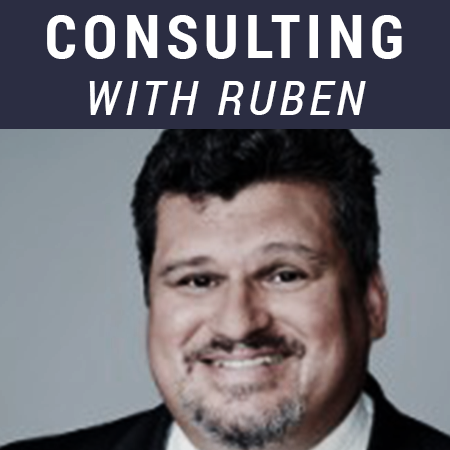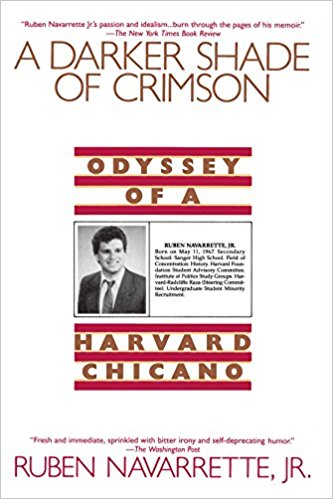Human beings are a work in progress. Some of us can be petty, even mean, to those who we consider beneath us.
It goes without saying that we ought to be kind to everyone no matter how much money they have or what they do for a living.
Sadly, it needs saying.
We also need to say a good word for respecting an honest day’s work — and those who put one in.
As we settle into the middle class, do we really have to lose respect for the good ol’ fashioned hard work that allowed our grandparents to pay their bills and put our parents through school so they could, one day, get good jobs and put us through school to get better jobs down the road?
Human resource managers tell me that, when they look through resumes of young people, they see scant work experience.
In high school in the 1980s, I had dozens of friends who worked at summer or after-school jobs.
Today, we see fewer and fewer teenagers working in hotels, coffee houses, or fast food restaurants.
I’ll never forget the hardest and most physically demanding job I ever had. I worked in an outdoor packing house my first summer home from college. For 10-12 hours a day, I stacked 40-lb. boxes of plums, peaches and nectarines onto wooden pallets.
These memories come back to me now that America has found itself engaged in a national conversation about the value of work.
Thanks to Geoffrey Owens — and the individuals on social media who recently tried to shame the 57-year-old television actor. Owens played Elvin Tibideaux on The Cosby Show from 1985 to 1992.
And what did Owens do wrong? He was working at a Trader Joe’s in Clifton, New Jersey — where workers typically earn $11 per hour.
The brouhaha began when a woman named Karma Lawrence happened to see the actor ringing up groceries at the store in a stained t-shirt, recognized him and snapped photos on her phone. Then she posted them with this editorial comment:
“I used to watch The Cosby Show all the time; it was my favorite show. It was definitely (Owens). I would have thought after The Cosby Show he would maybe be doing something different. It was a shock to see him working there and looking the way he did. It made me feel really bad. I was like, ‘Wow, all those years of doing the show and you ended up as a cashier.’ ”
And what’s wrong with being a cashier? Or bagging groceries? Or sweeping floors? Or laying brick? Or picking up garbage?
Nothing. Nothing at all. Some people need to be reminded of that, it seems. They include all the folks on social media who ganged up on Owens for working at Trader Joe’s.
And the so-called journalists at Fox News and the Daily Mail, who did stories about the actor-turned-supermarket-clerk as if it were a UFO sighting.This is what passes for news these days?
Owens doesn’t work at Trader Joe’s anymore. He quit in response to the incident, which he said made him feel “devastated.” He got over it thanks to the outpouring of support he got from all over the Internet, including tweets from fellow actors who had their own stories of working at menial jobs to make ends meet.
A spokesman for Trader Joe’s said the company would be happy to welcome Owens back. But the actor may be busy in the days to come, given the job offers he got in response to the ruckus.
Filmmaker Tyler Perry is one of those who stepped up with an opportunity, saying he was inspired by the example of someone willing to do whatever it takes to provide for his family.
Meanwhile, the woman who started this wishes she had kept her phone in her purse and her comments to herself. Lawrence said in a recent interview with a New Jersey newspaper that she took the photos on a “bad impulse,” and that she was sorry.
Owens isn’t sorry — not for doing honest work, and certainly not for the important national conversation he helped spark.
“I hope what doesn’t pass is this rethinking of what it means to work, the honor of the working person and the dignity of work,” he told co-host Robyn Roberts on ABC’s “Good Morning America.”
“There is no job that’s better than another job,” Owens said. “It might pay better, it might have better benefits, it might look better on a resume and on paper. But actually, it’s not better. Every job is worthwhile and valuable.”
Oh, how I love that phrase: “the dignity of work.” Americans have lost sight of that concept. Until we find it, we won’t live up to our potential — not as a country and not as human beings.
Ruben Navarrette is a contributing editor to Angelus and a syndicated columnist with The Washington Post Writers Group and a columnist for the Daily Beast. He is a radio host, a frequent guest analyst on cable news, and member of the USA Today Board of Contributors and host of the podcast “Navarrette Nation.” Among his books are “A Darker Shade of Crimson: Odyssey of a Harvard Chicano.”





